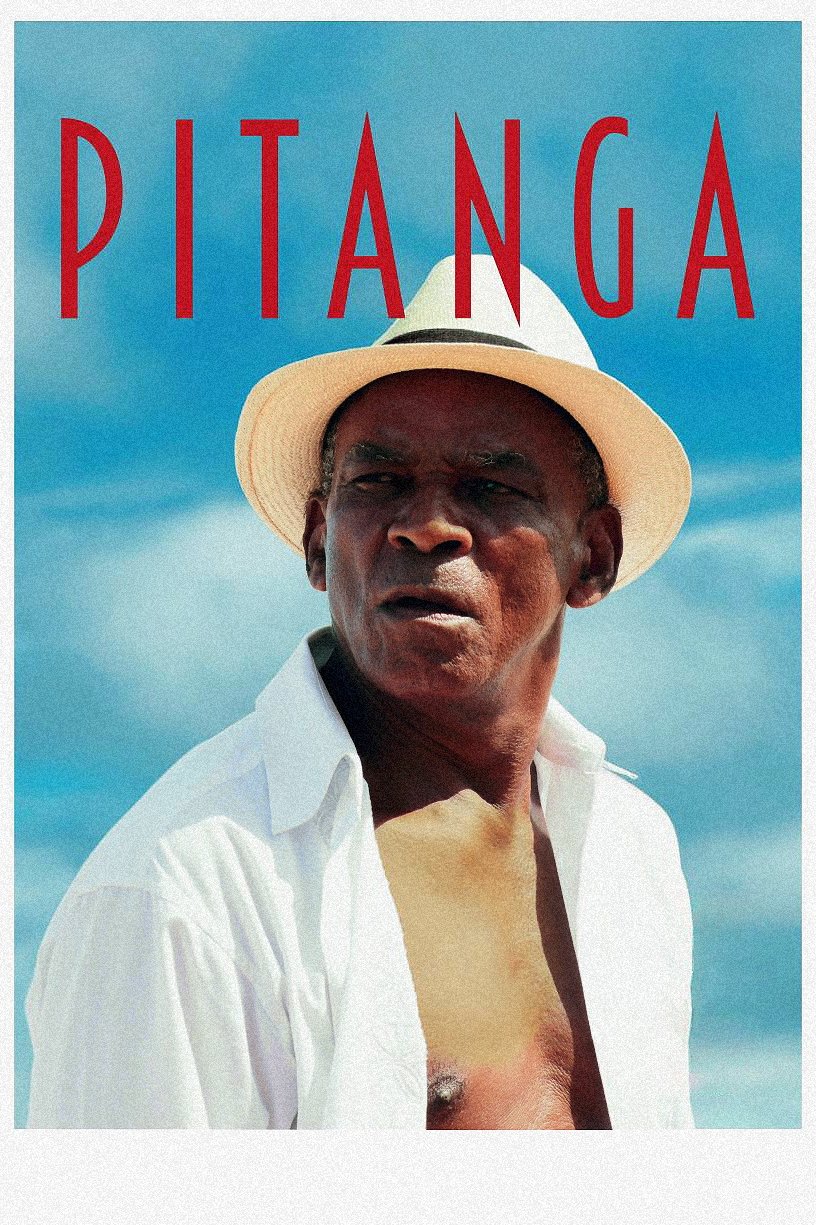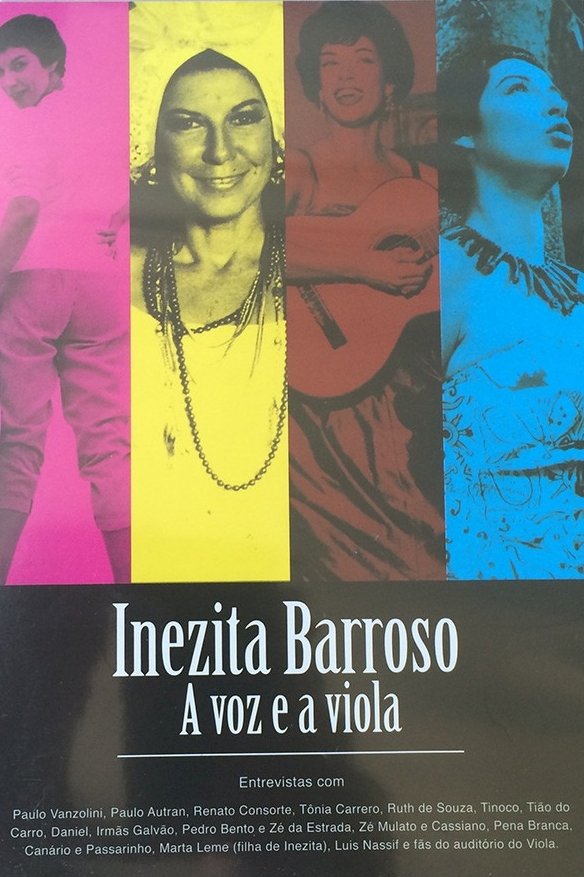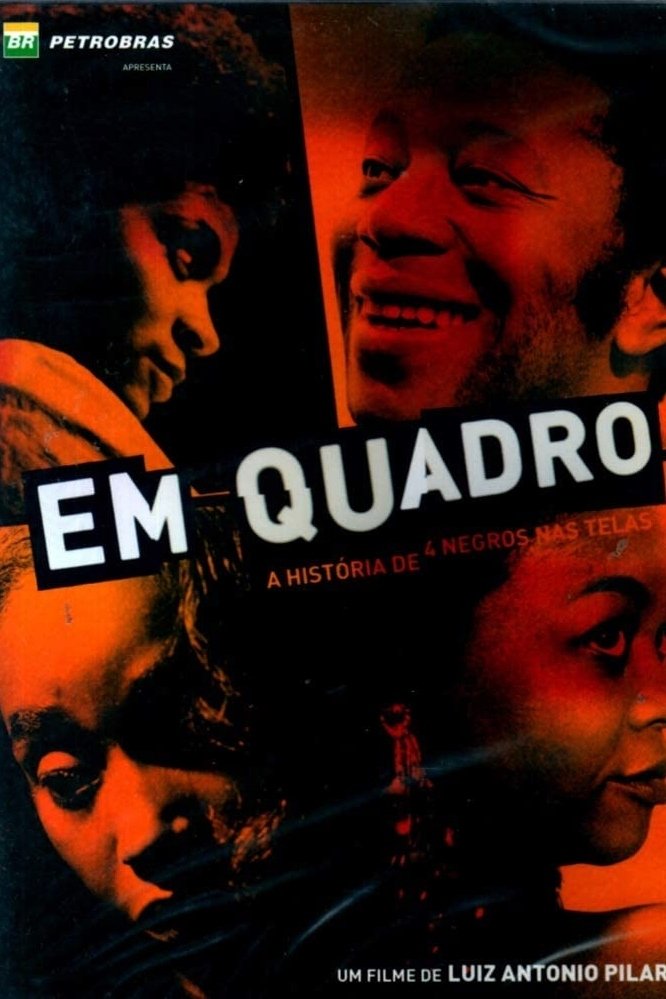

Ruth Pinto de Souza was considered one of the great ladies of Brazilian dramaturgy and the first great reference for black artists on television for her notable roles. Ruth stood out for being the first black actress to star in a soap opera on Rede Globo in A Cabana do Pai Tomás (1969) — and the second on Brazilian television, after Yolanda Braga, in A Cor da Sua Pele (1965) on TV Tupi — in addition to being the first Brazilian artist nominated for the best actress award at an international film festival, for her work in Sinhá Moça (1954) at the Venice Film Festival.

Ruth de Souza inaugurates the existence of black actresses on...

Between scenes from his concert in São Paulo's oft-inaccessible Theatro...


This documentary investigates the aesthetic, political and existential trajectory of...


A documentary that tells the history of 4 famous actors...